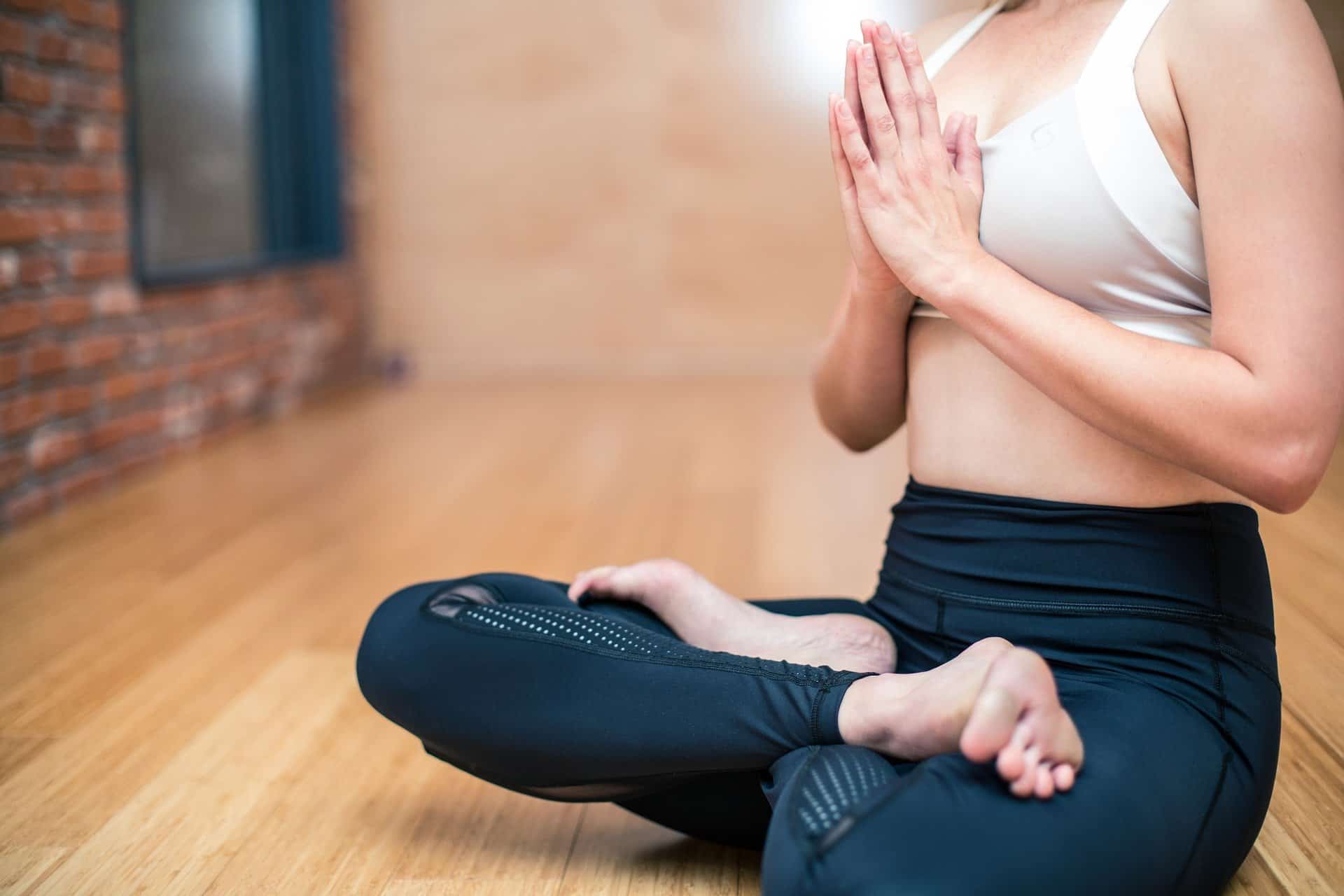When you think about your well-being it doesn’t always mean
a trip to the doctor’s office. This could be something that starts within your
home or a studio. Taking care of yourself is vital especially if you have
others that depend on you such as a child, spouse, or elderly family member.
When your body and mind are being taken care of you have a better sense of
awareness and less mental frustrations.
Along with mental frustration, mental health can be worsened by a lack of
taking care of one-self. These health issues can range from depression and
anxiety to chronic stress and potentially suicide. These are the leading
killers in the United States, but not many know to look at simple ways to bring
the body back into focus besides medications.
Benefits of Yoga and Meditation
Lindsay Guion, renowned expert in numerous fields and someone who knows firsthand the damaging effects of stress, has mentioned before how serious taking care of yourself is. He acknowledges the benefits of yoga and meditation. These benefits, as mentioned above, also include a decrease in heart disease, respiratory problems, certain cancers, and strengthening bones. Holistic practices have become largely known for how the body reacts to these different methods. People use holistic practices for oral health, mental health, diseases and disorders alike.
When it comes to yoga and meditation, the body and mind can de-stress and focus, clearing out what has happened to the mind and body throughout the day or mentally preparing for the day. Regardless of the time of day, these are beneficial practices.
Another popular benefit is what it does for a person’s psyche. It is very clear as to why this is important. Connecting with the Chakras, the spirit can repair the body.
What is not always spoken about are the negative side-effects that medication
given to those with mental health issues. Guion made mention of the fact that
depending on the severity of the mental disorder, those who do not necessarily
have to take medication, but go off of the mediation they were prescribed,
suffer worse because there is a disconnect in the brain. This disconnect makes
that person believe they need that particular medication. There is no
de-stressing for these individuals. It is a constant take and go method. Take
the medication and go on about your day. No unwinding, no mediation, no
addressing what their body is demanding from them to be at its best. Yoga
and meditation are perfect stress reducers that dramatically improve mental
health and can circumvent the side-effects on conventional medication.
Many people live hectic lifestyles. This mentally is physically draining. Their
mental state is in a constant chaotic rampage. As a result, the sympathetic
nervous system becomes hypersensitive and overactive.
With such busy lives, it is hard to set aside time to take care of your mind
and body. The same can be said for starting an exercise or diet plan. Lindsay
Guion advises that turning off the TV about 5 – 30 minutes before bed gives you
more than enough time to do a few yoga stances or to mediate in the dark. A
closed space is always best for focusing on your breathing and clearing your
mind when meditating.
More benefits from doing these two techniques include but are not limited to:
reducing gastrointestinal issues, boosting the immune system, releasing tension
from the workday or life balance, as well as decreasing one’s anxiety and
depressive state. When living a hectic “on the go” lifestyle and not properly
taking care of the body, the body reduces the level of neurotransmitters which
are associated with pleasure and enjoyment. When the levels are low, there is a
lack of “happy” transmitters. This is the leading cause for depression.
Which Should You Do: Yoga or Meditation?
The good news is both can be done simultaneously, but it is
up to you to decide which would be more beneficial. There are only slight
differences between the two. One involves the core and various stances
performed by the body, some requiring flexibility. A popular form of meditation
is derived from Buddhism. This can be considered the traditional style because
you are sitting in a completely silent space with eyes closed for any amount of
time you set. At least a minimum of 5 minutes to relax your mind and body.
When it comes to meditating, you should focus on clearing your mind, inhaling
and slowly exhaling. This allows the mind to find clarity. When it comes to
Yoga, being able to concentrate on your movement is a form of meditation as
well. If you are not good a holding your balance, it is best to wait to close
your eyes and “feel” the movement. Both options offer the ability to improve
your awareness within that moment. Instead of relieving what caused your stress
during the day or even that month, your mind is creating a calming surrounding.
Another thing to mention when it comes to the differences between these
techniques is the physical element of doing yoga. The body can alleviate pain,
tension, and any stiffness being felt. It relaxes the muscle and allows the
body to become limber. For those that cannot sit through meditation, whether
because of the sitting position or psychological reason, it is better to rely
on yoga because there are beginner stances that can be used.
In Conclusion
Yoga exercises are designed to calm the mind and body through meaningful concentration. Yoga and meditation offer relaxing poses to jumpstart the neurotransmitters within the brain. As mentioned before, these transmitters play an important role in one’s well-being.
Yoga and meditation create a calm and safe environment for those that are
completing a session. The greatest benefit of all is being able to re-center
the body and spirit. Thus, reconnecting with yourself and creating a healthier
lifestyle.
